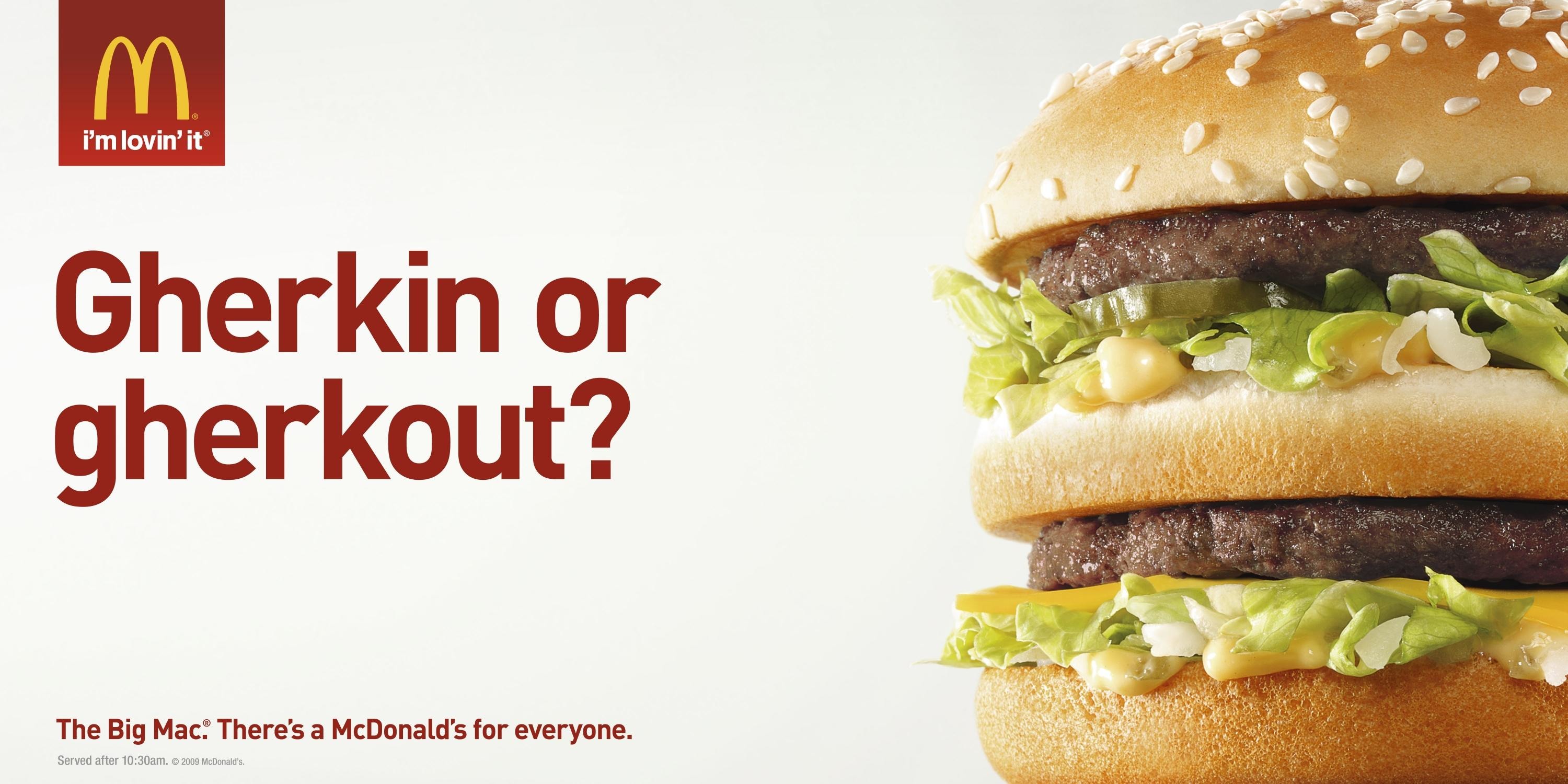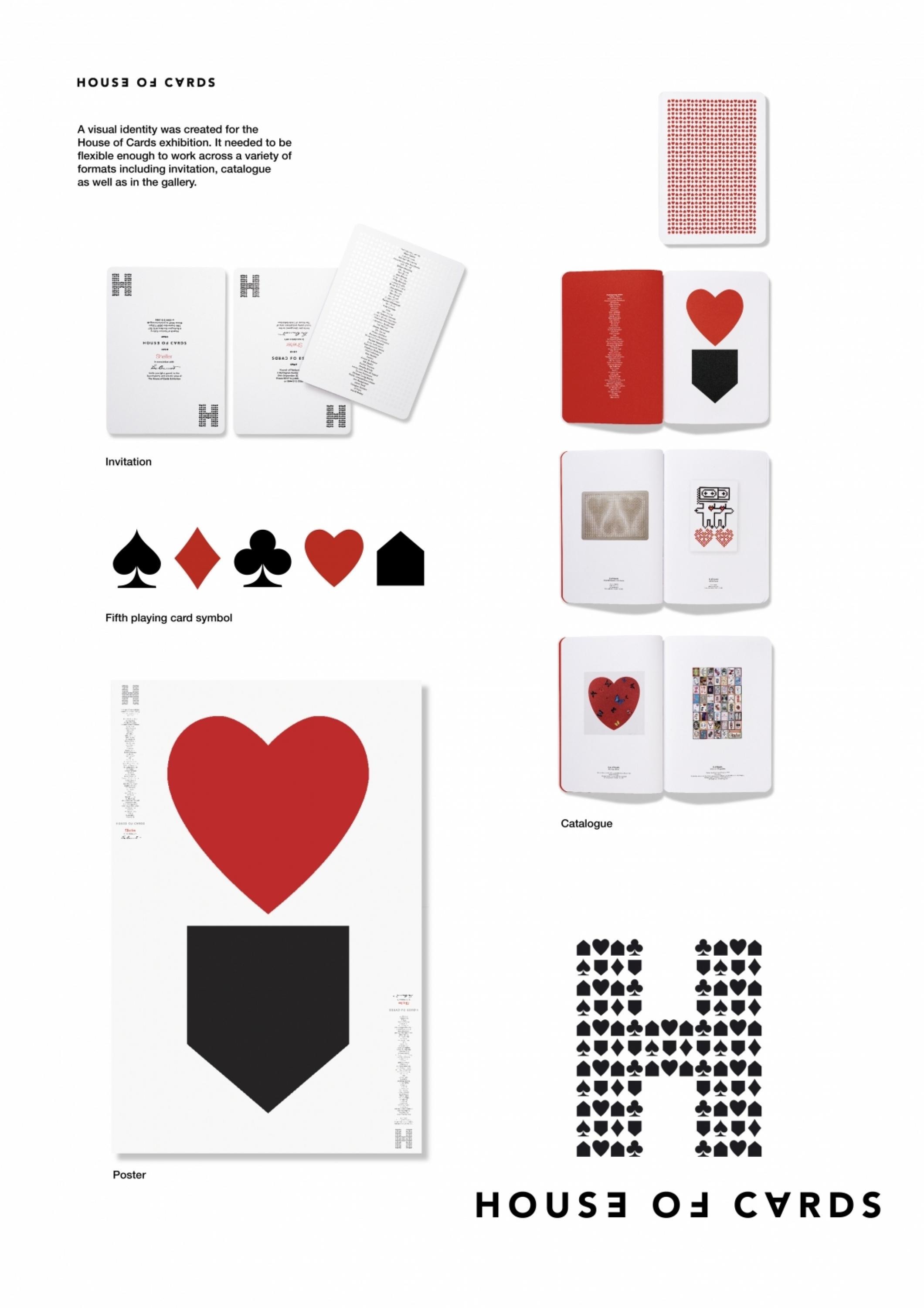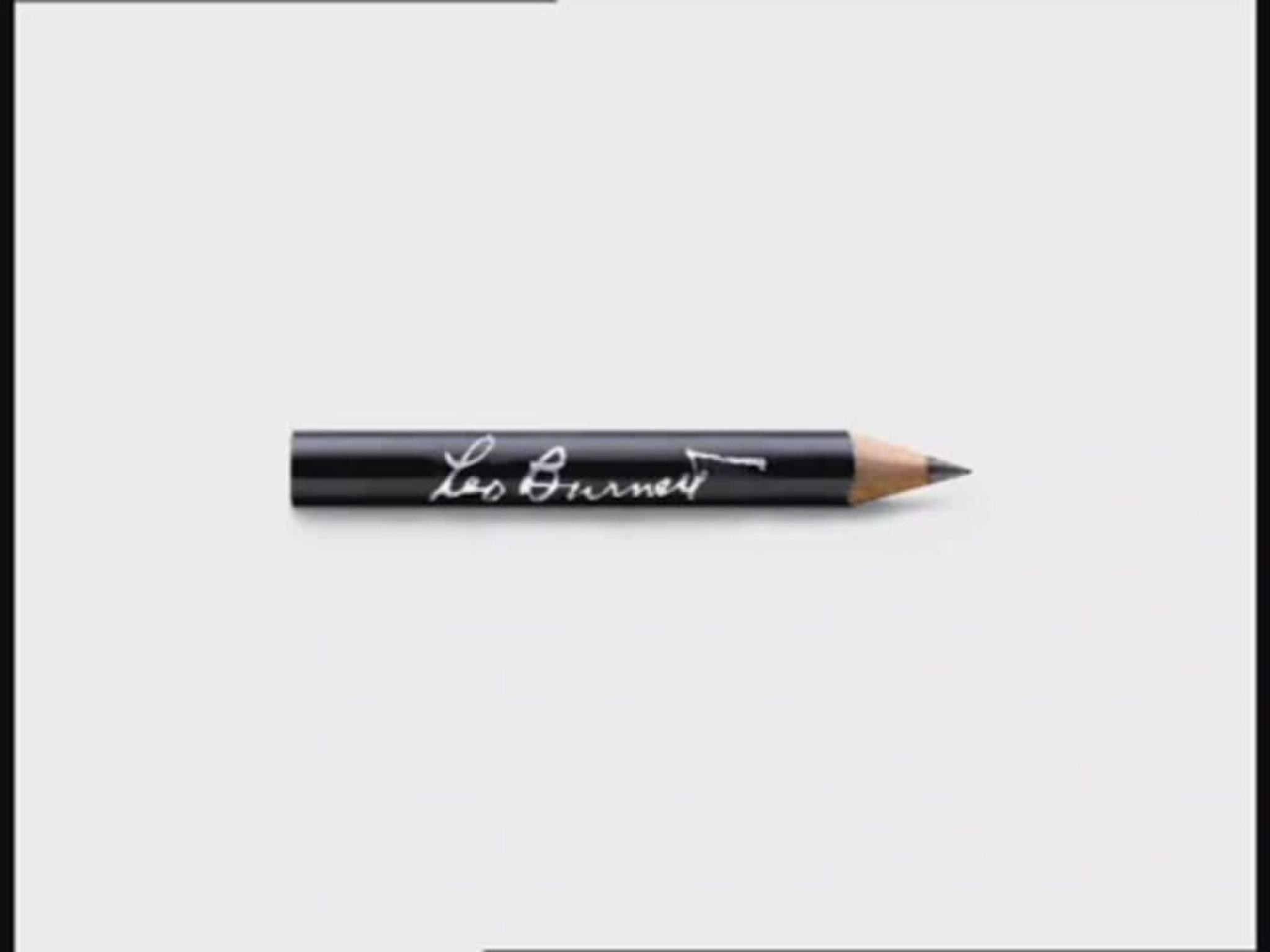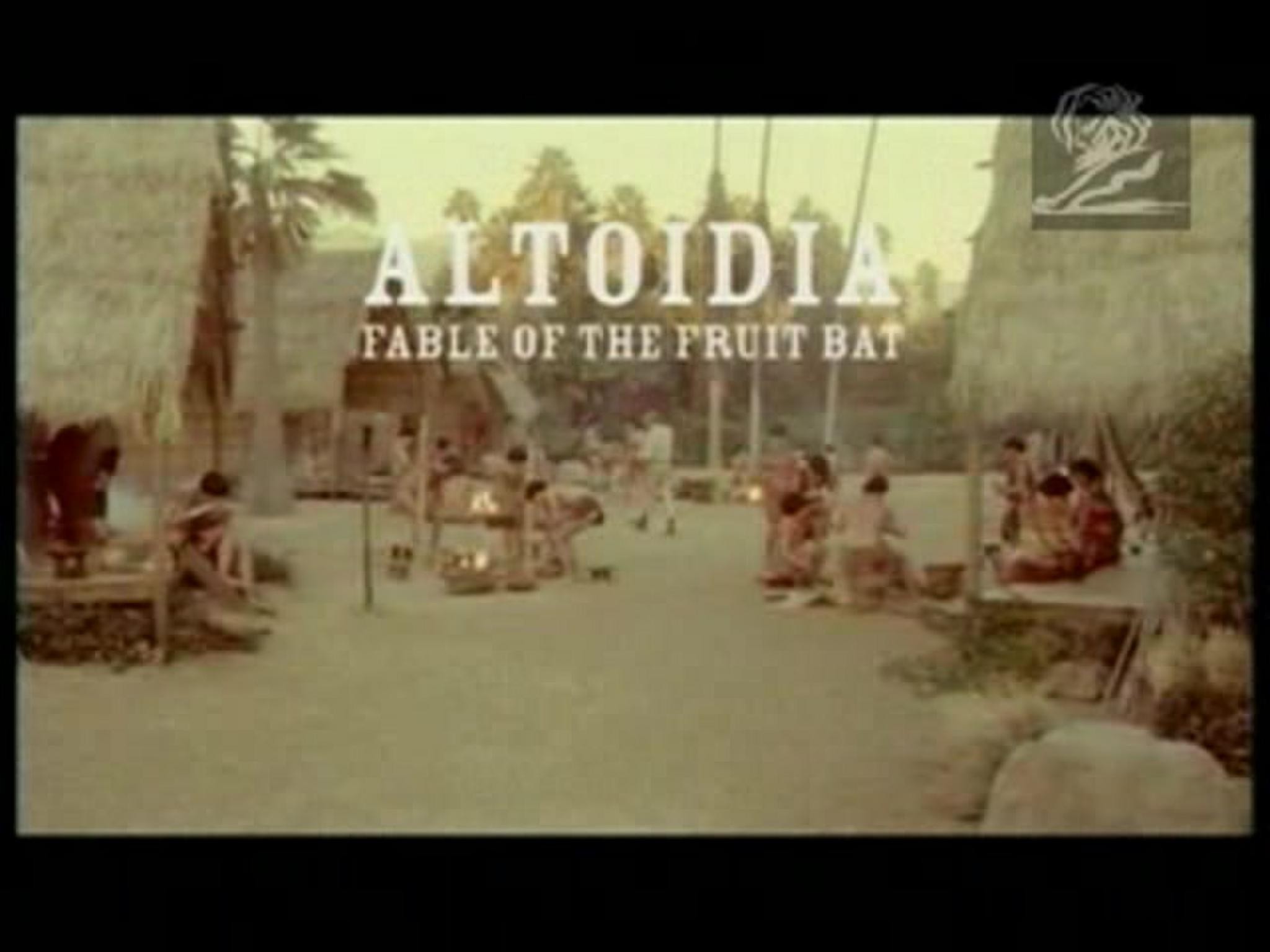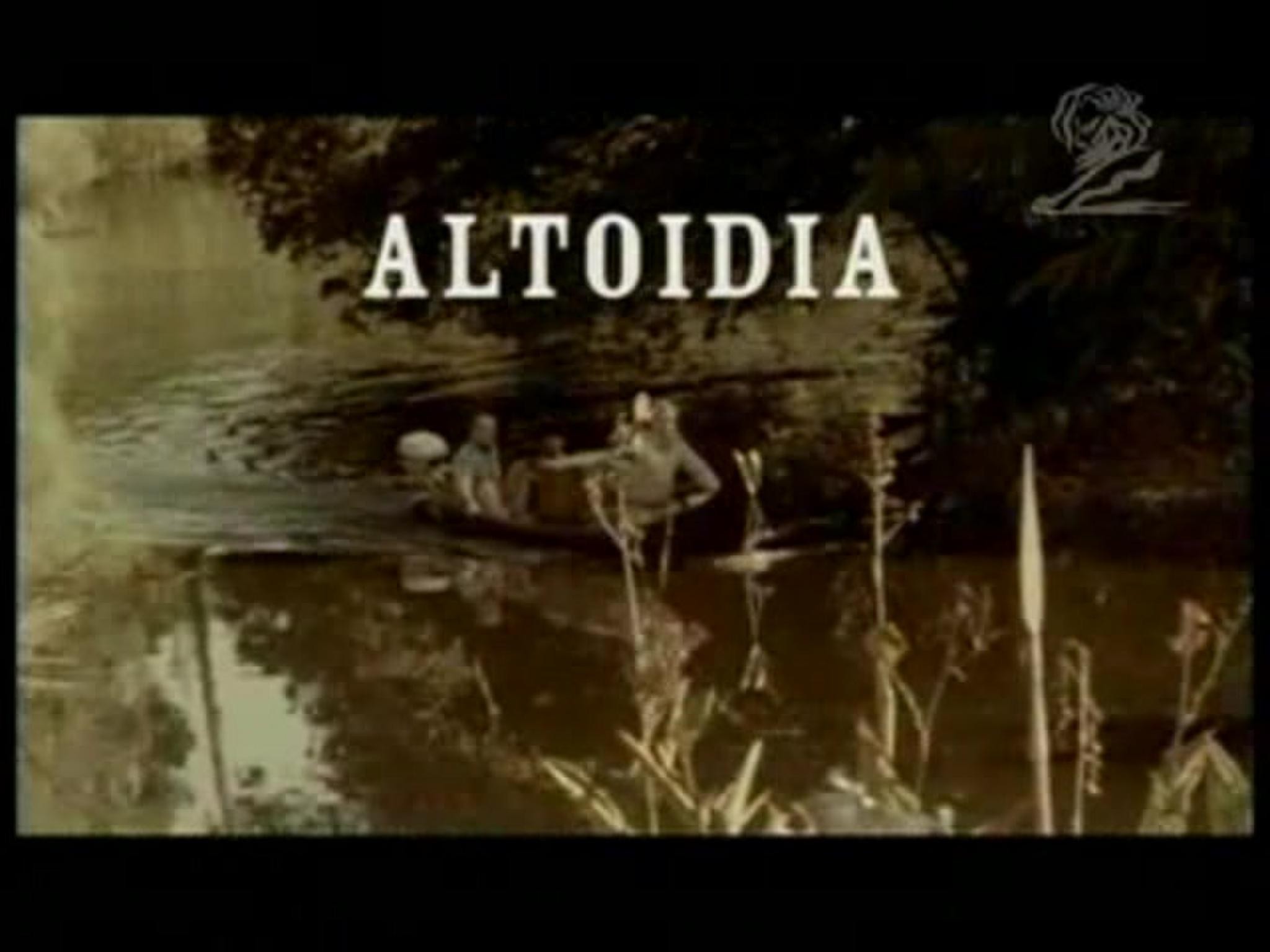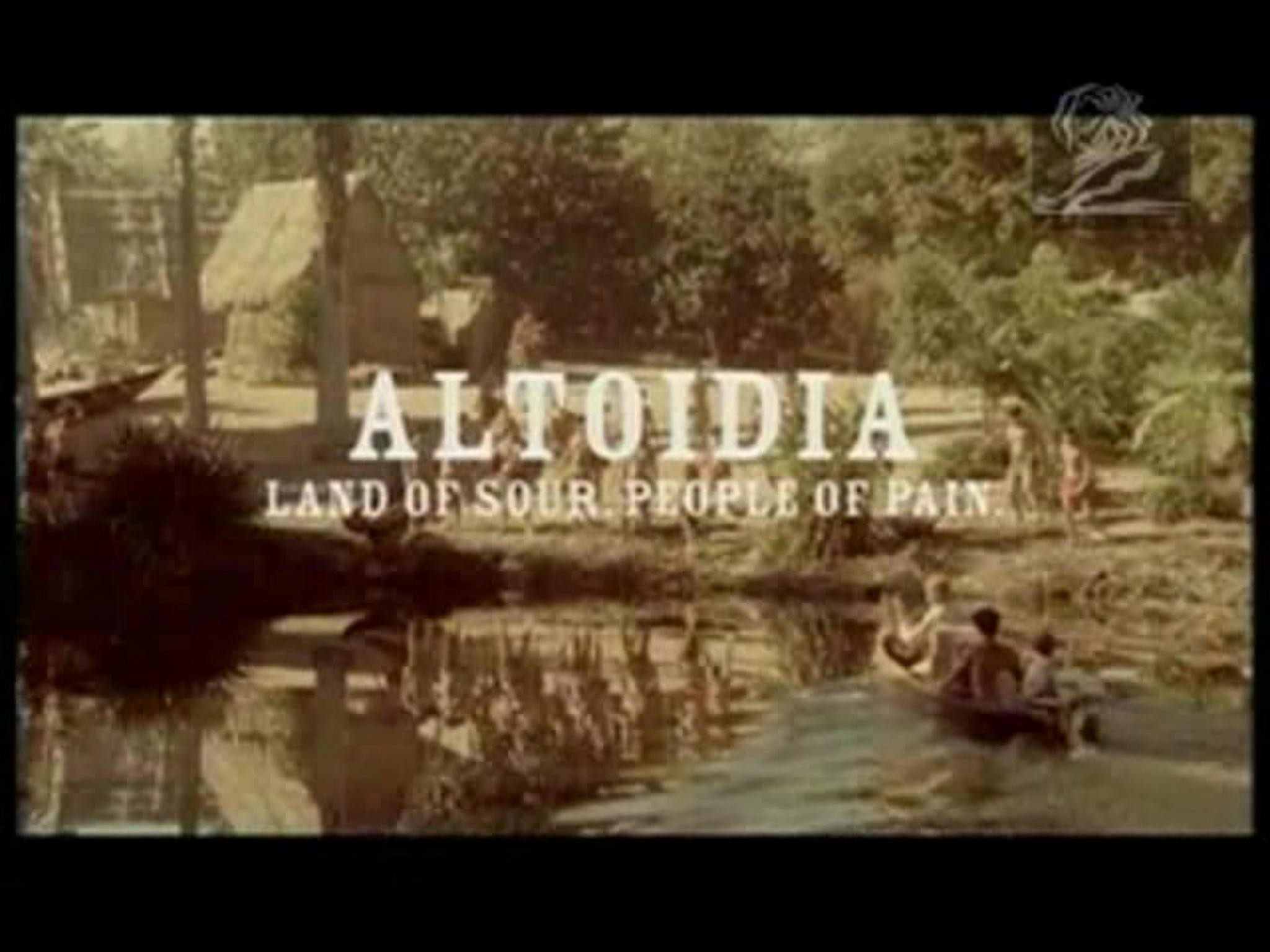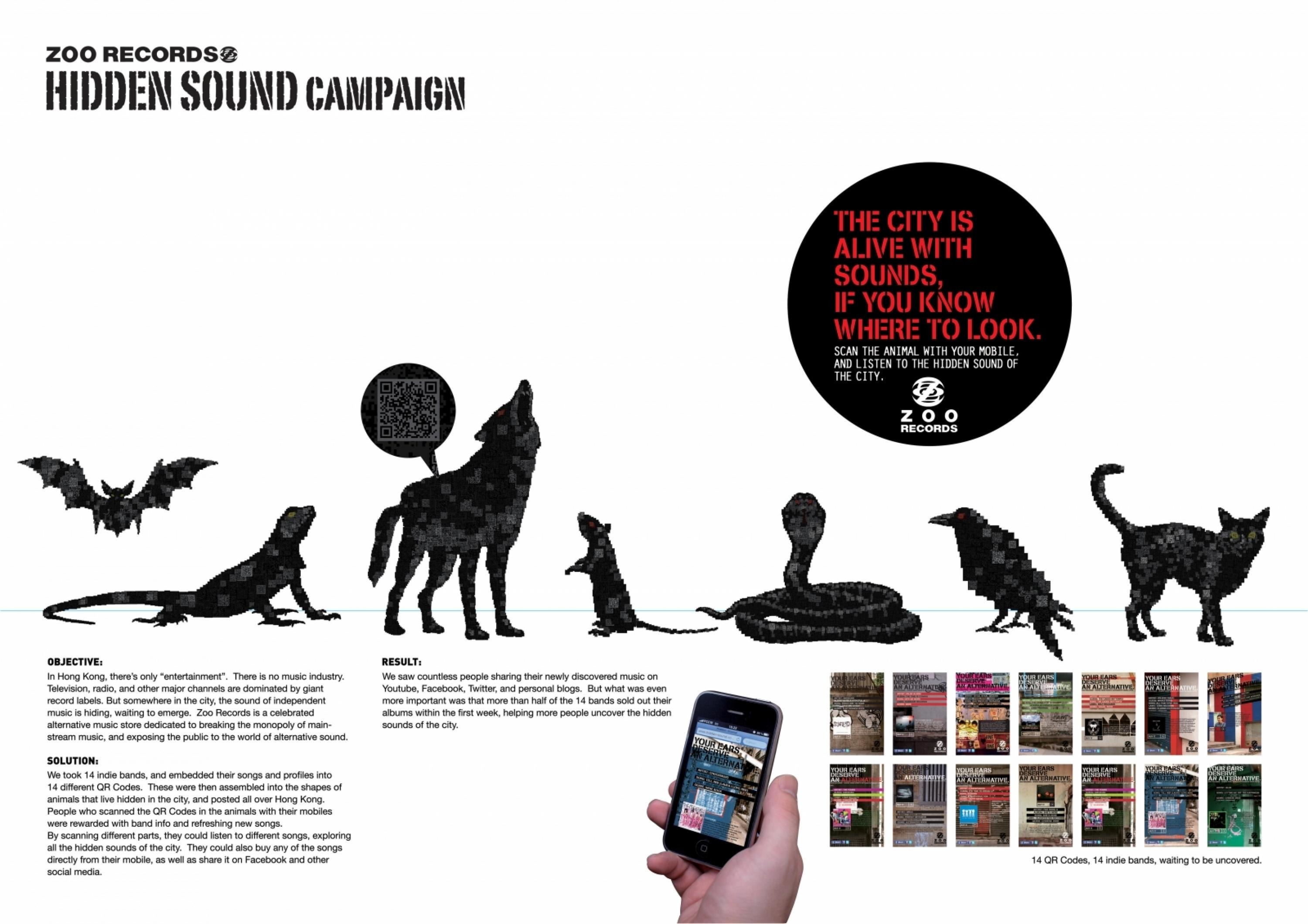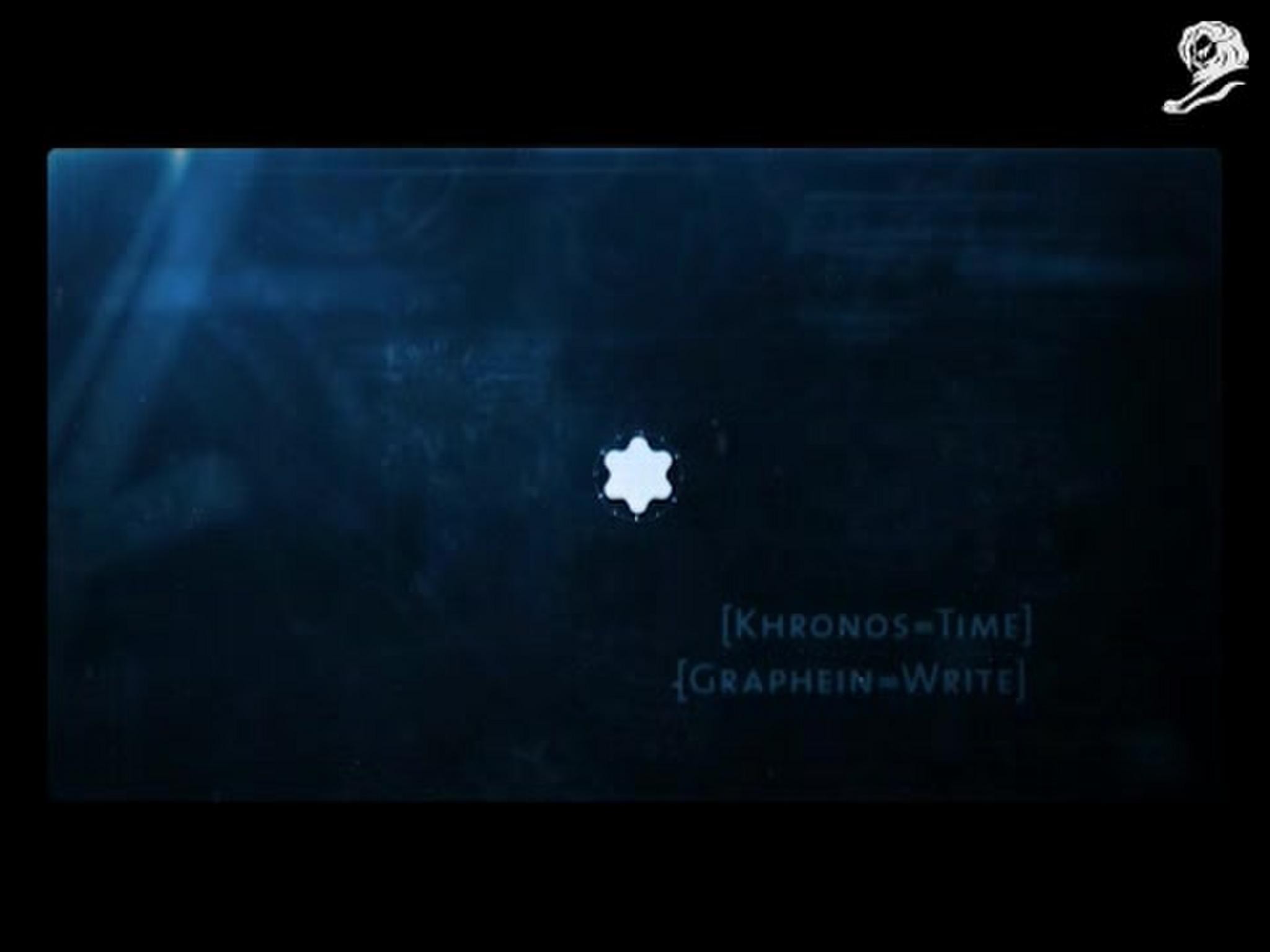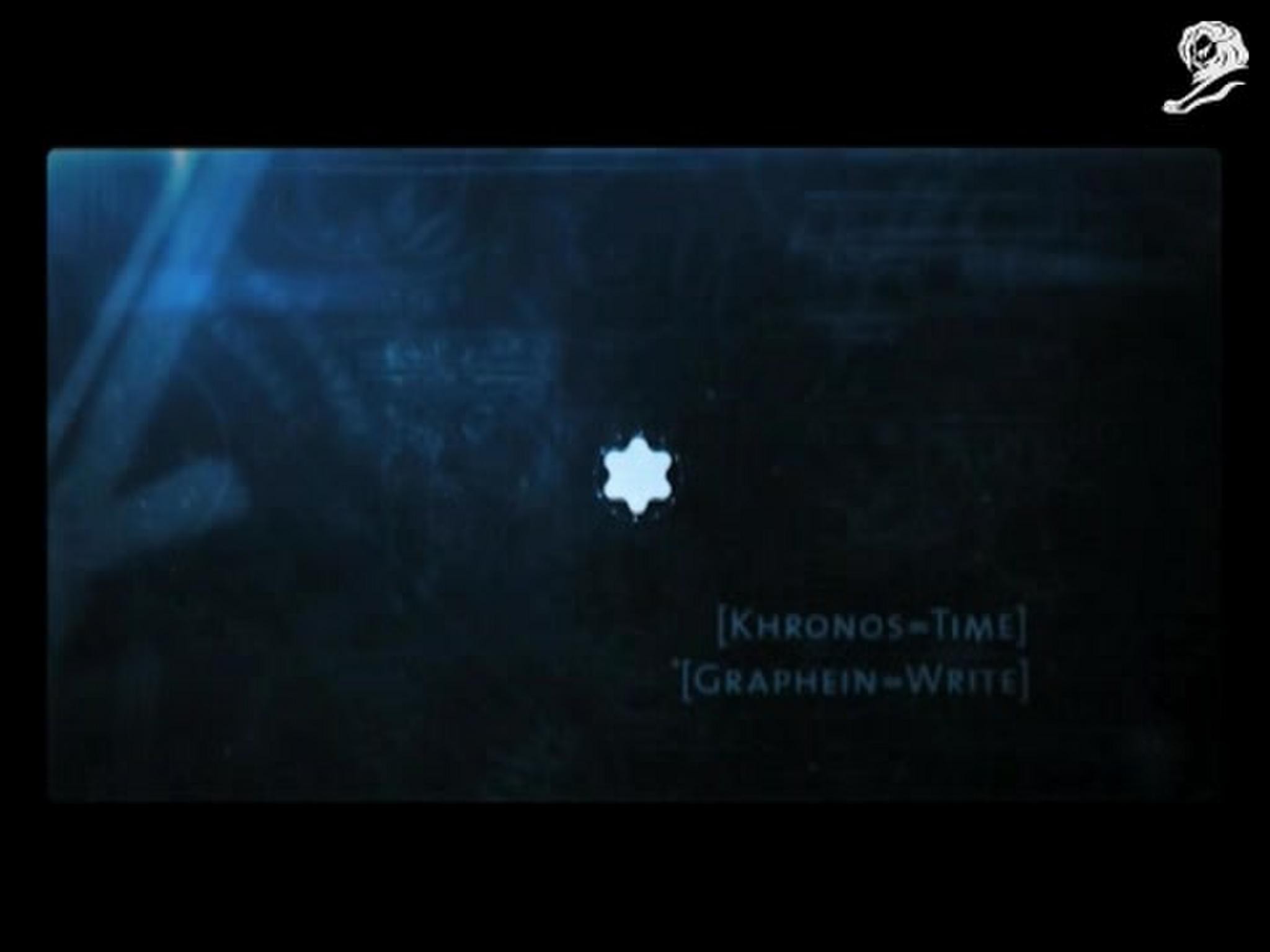PR > PR: Sectors
DIRTY LAUNDRY
LEO BURNETT, Beirut / ABAAD RESOURCE CENTER FOR GENDER EQUALITY / 2023
Awards:

Overview
Credits
Overview
Why is this work relevant for PR?
In Lebanon, raped women are considered dishonorable by their patriarchal society, reflected in the law which serves absurdly minimal sentences for rape crimes.
We creatively leveraged the unique personalities of two of Lebanon’s most popular social influencers, using spoken word poetry, webisodes and protests, to break the silence around rape, changing the perception of rape.
The work garnered widespread reach and engagement, sparked discussions and broke the rape-shaming taboo, earning commitment from 8 out of 10 Parliament parties to increase the rape sentence.
This was achieved owing to the influence generated by using the influencers in a provocatively unexpected way.
Background
Rape is a serious crime deserving a serious sentence.
In Lebanon, however, this wasn't the case.
Chapter 7 of Lebanon’s Penal code deals with sexual violence crimes, but only sentences rapists to 0-5 years of jail time, reducing rape’s severity to that of other crimes such as robbery or signing wrong checks.
Titled “Crimes That Affect Honor”, Chapter 7 upholds society’s taboo of rape being a matter of a famil'y “honor” rather than a serious crime.
Petrified of being shamed by their families, and without a law to protect them, 60% of rape survivors don’t dare speak up nor seek justice.
As a Lebanese women’s rights NGO, ABAAD sought support to change the law, increase the crime sentence for rape.
Abaad needed to break the silence and encourage survivors to air their “dirty laundry” - sparking its subversive advocacy campaign during the UN’s 16 Days of Activism Against Gender-Based Violence.
Describe the creative idea
"Raped bodies are not dirty laundry."
To pressure lawmakers into increasing rape crime sentences, ABAAD’s advocacy campaign demanded they treat rape as a serious crime that needs a serious sentence.
But if it was treated and seen as dirty laundry that shouldn't be displayed or washed in public, then we needed to break the deafening silence around rape.
We wanted to abolish the belief that rape is the survivor’s fault.
And we wanted to stop the societal taboo that rape stories are too shameful to be spoken about.
We set out to bring this idea to life through partnering with 2 key female influencers in Lebanon who were known for being vocal about inequalities and prejudices in what tends to be a patriarchal society.
Describe the PR strategy
“Don’t air your dirty laundry”
It's a colloquial Lebanese expression that means:
“Don’t speak of shameful matters, particularly, of rape.”
In 2022, ABAAD conducted a study that found 60% of women who are raped don’t report it because of honor.
And without a law that adequately punishes rapists, rape survivors are left with nowhere to turn for protection or justice.
To substantiate our advocacy campaign in amending the law to protect survivors, we had to stop society’s shaming and blaming towards them - to end the notion of women’s raped bodies being dirty laundry.
Changing this entrenched taboo required content that not only disrupts the public’s rape-shaming attitude, but sparks engagement and dialogue around rape’s severity.
To break the silence, we decided to spread “dirty laundry” in open air, provoking people to watch it, grabbing media platforms' attention to air it further, and turning lawmakers' eyes to changing the law.
Describe the PR execution
We co-created a spoken word film with a popular influential artist known for taking on prejudices - Remie Akl. Women were literally hung on clotheslines, illustrating the absurdity of raped bodies being “dirty laundry” to be hidden and silenced. The first anti-rape manifesto of its kind from the Middle East.
Then, Nour Arida, Lebanon’s famous international model, popular as someone who posts beauty-related content, shook social media, hosting a web series with ABAAD, boldy showcasing stories of "dirty laundry". Four brave survivors told their heart-wrenching stories and engaged in intimately raw discussions with Nour Arida and psychologists. Nour used her 16 million followers to propagate rape survivors’ voices.
The influencers continued supporting ABAAD's advocacy efforts on-ground with survivors and activists. They carried their bodies and “dirty laundry” to the Lebanese Parliament, demanding, in the faces of lawmakers and media, to make the sentence for rape as serious as the crime.
List the results
In a society where raped women were silenced, shamed and labelled “dirty laundry”, ABAAD liberated them in the most unprecedented way known to the Arab world.
Societal Impact:
• This taboo-crushing, conversation-starting momentum empowered rape survivors to open up and finally tell their stories. With an inflow of direct messages sent to influencers, Nour Arida and Remie Akl, survivors sought help from the trusted public figures we partnered with to advocate for our cause.
• Lawmakers had no choice, but to hear our demands. 8 out of 10 Parliament parties gave their commitment to increase the rape sentence.
PR impact:
• Gained local, regional and global media attention, cracking open a wider discussion around rape. Additionally, popular, trusted figures publicly advocated for the cause.
• Not only did we ensure that an impressive number of media outlets picked up our story within Lebanon and beyond, but the quality of globally targeted media outlets - including the likes of CNN, Al Jazeera and Euronews - echoed the once-silenced conversation around survivors’ stories. This credible, widespread media coverage gave resonance to our cause and further substantiated our demand to increase the rape sentence.
• Earned media value: $2.6 million.
Engagement impact:
• Impressions: 448 million.
• Views: 75.2 million.
• Engagements: 4.3 million.
• Shares: 315,000.
• Likes: 3.6 million.
• Comments: 77,000.
• #1 Trending hashtag on Twitter within thirty minutes of launch.
Media impact:
Is there any cultural context that would help the jury understand how this work was perceived by people in the country where it ran?
The belief that rape survivors are to blame has become intrinsically woven into Lebanese society’s DNA, and women’s bodies are merely carriers of honor and dignity. Survivors are told not to air their “dirty laundry”, a common expression in Lebanon meaning they should stay silent about “shameful matters” like rape, so they don’t tarnish their families’ reputations.
In addition to having their voices silenced by a patriarchal society, rape survivors in Lebanon are cursed with a law that sides with their rapists instead of them.
The injustice needed to be broken. Challenged. And changed.
Women in Lebanon shouldn’t be at the mercy of laws that shift the blame of shame on survivors rather than on their rapists. These laws are grotesque, unimaginable and unfortunately, real. A reality that we set to change in the most politically correct and socially acceptable manner by amending Chapter 7 of the Lebanese penal code.
More Entries from Not-for-profit / Charity / Government in PR
24 items
More Entries from LEO BURNETT
24 items










